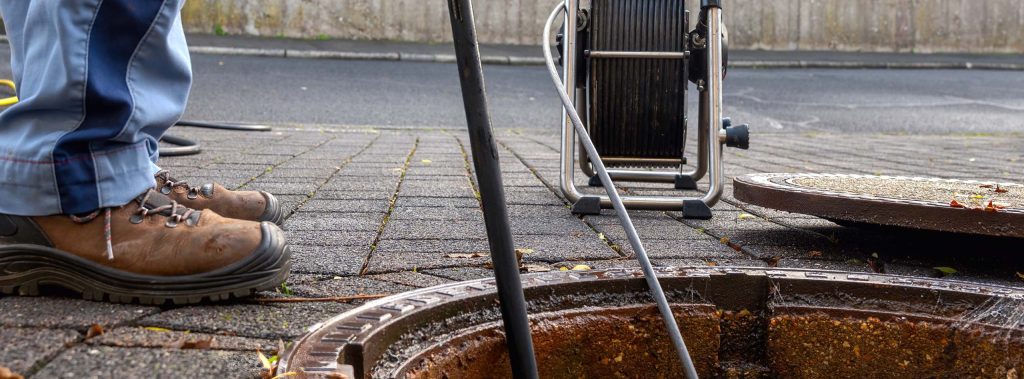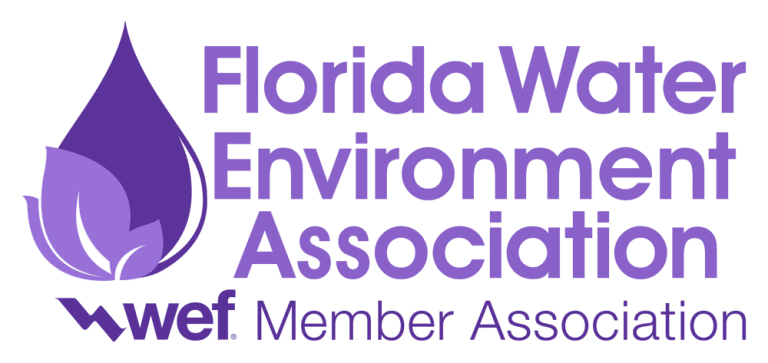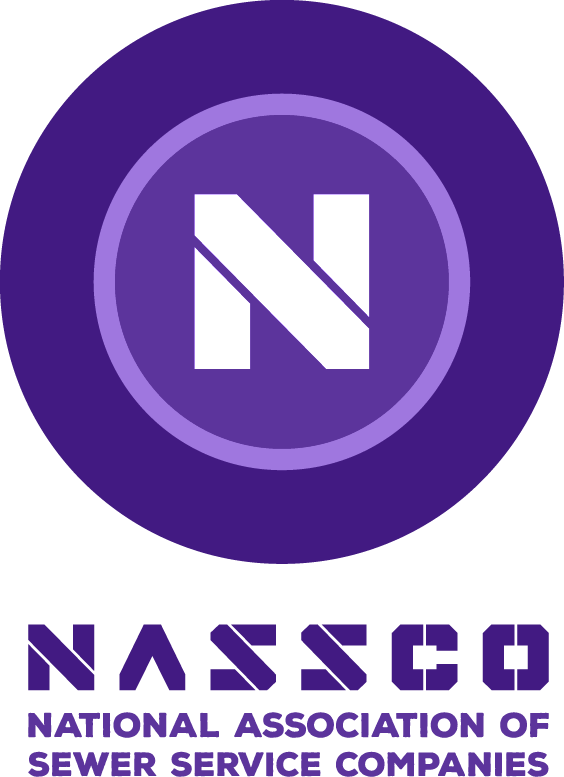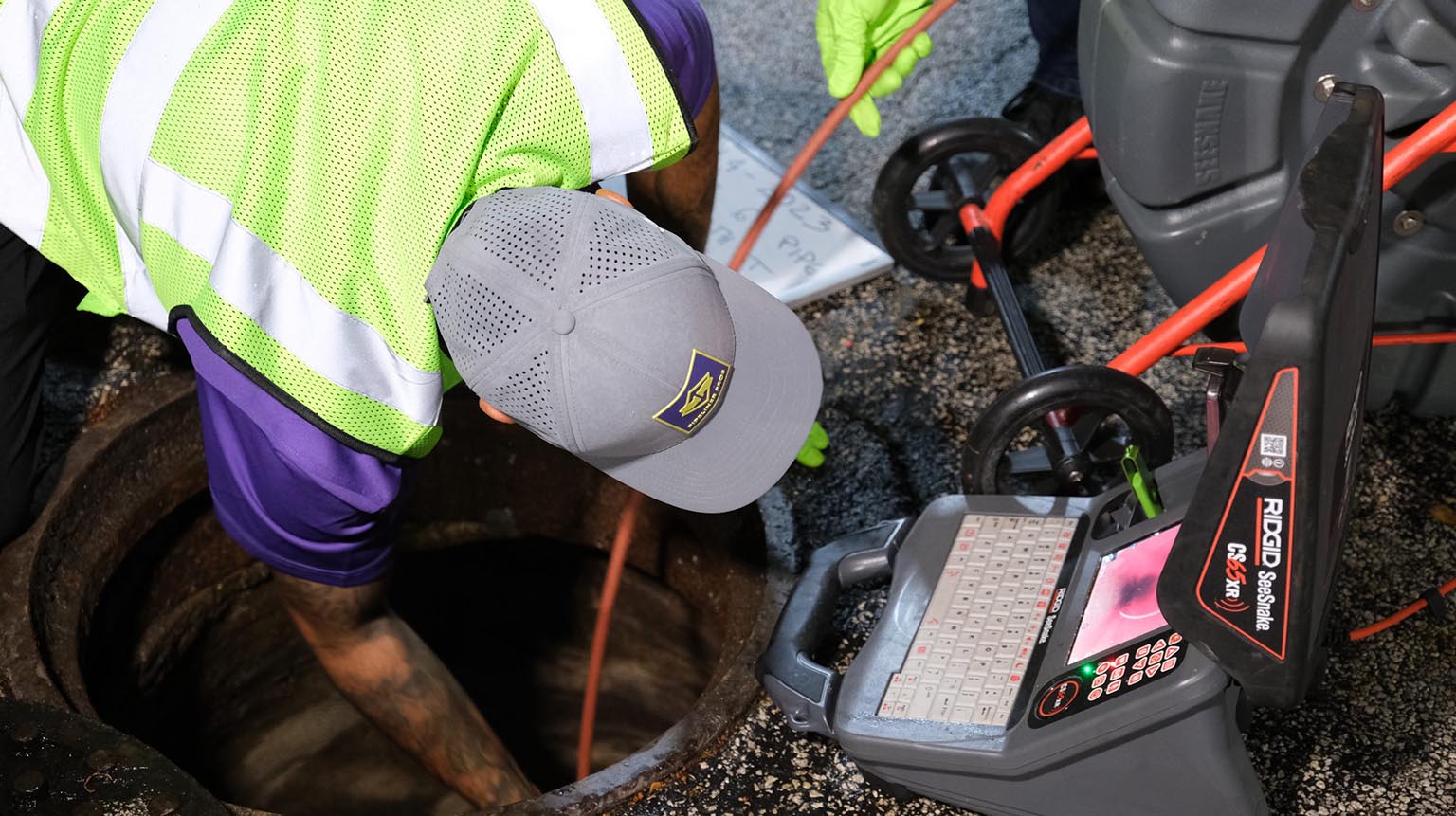Introduction
Small-diameter pipelines often go unnoticed in the vast network of pipelines that crisscross our world. Yet, these unassuming conduits play a crucial role in various industries, from supplying water and gas to transporting chemicals and fuels. Despite their size, small pipelines can have a significant impact, making regular inspections essential to ensure their safe and efficient operation.
At Pipeliner Pros, we understand the importance of small-diameter pipeline inspections. With our expertise and advanced inspection technologies, we help clients maintain the integrity of their pipelines and comply with regulatory standards. This blog post will delve into small pipes, highlighting their importance and the need for regular inspections. Join us as we explore the vital role of small-diameter pipelines and the benefits of choosing Pipeliner Pros for your inspection needs.
Understanding Small-Diameter Pipelines
Small-diameter pipelines typically range from a few inches to a foot in diameter, making them smaller than larger transmission pipelines. Despite their diminutive stature, these pipelines are vital to various industries, including oil and gas, water and wastewater, and chemical processing.
These pipelines are often used to transport substances over shorter distances or to connect different parts of a more extensive network. They can be found in various settings, from residential and commercial facilities to industrial plants and agricultural fields.
One critical characteristic of small-diameter pipelines is their accessibility. Unlike larger pipelines, which are often buried underground or submerged underwater, small pipelines are more likely to be above ground or easily accessible for inspection and maintenance.
However, this accessibility does not diminish the importance of regular inspections. In fact, due to their smaller size, small pipelines are more susceptible to corrosion, leaks, and other forms of damage. These pipelines can pose severe environmental, public safety, and infrastructure integrity risks without proper maintenance and inspection.
In the next section, we will explore the importance of inspections for small pipelines and how they can help mitigate these risks.
Importance of Inspections for Small Pipelines
Safety Considerations
Regular inspections of small-diameter pipelines are essential for ensuring their safe operation. These inspections help identify potential issues such as corrosion, leaks, and mechanical damage that could lead to failures or accidents. By detecting these issues early and protecting the environment, surrounding communities, and infrastructure, inspectors can prevent catastrophic events.
Compliance with Regulatory Standards
Small pipeline owners and operators must comply with regulatory standards and guidelines to ensure the safe operation of their pipelines. Regular inspections are a critical component of regulatory compliance, helping to identify and address potential hazards and ensure that pipelines meet the necessary safety requirements.
Cost-Effectiveness
While regular inspections require time and resources, they are ultimately cost-effective in the long run. By identifying and addressing issues early, inspections can prevent costly repairs, downtime, and environmental cleanup efforts resulting from pipeline failures. Additionally, regular maintenance and inspections can extend the lifespan of pipelines, reducing the need for costly replacements.
In the following sections, we will explore the different types of inspections available for small pipelines and the benefits of choosing Pipeliner Pros for your inspection needs.
Types of Inspections for Small-Diameter Pipelines
Visual Inspections
Visual inspections are a fundamental part of pipeline maintenance and involve physically examining the pipeline for signs of damage, corrosion, or leaks. Visual inspections can be conducted regularly and are often the first step in identifying potential issues with a pipeline. While visual inspections can provide valuable information, they could improve their ability to detect internal defects or corrosion.
Non-Destructive Testing (NDT)
Nondestructive testing (NDT) techniques are used to inspect pipelines without damaging or destroying them. These methods include ultrasonic testing, magnetic particle testing, and radiographic testing. They allow inspectors to detect internal defects, corrosion, and other issues that may not be visible during a visual inspection.
Remote Monitoring Technologies
Remote monitoring technologies, such as intelligent sensors and IoT devices, are increasingly being used to monitor pipeline condition in real time. These technologies can provide valuable data on pressure, temperature, and flow rates, allowing operators to detect and respond to issues quickly. Remote monitoring technologies can complement traditional inspection methods and provide a more comprehensive picture of a pipeline’s condition.
In the next section, we will discuss the benefits of choosing Pipeliner Pros for minor pipeline inspections and how our expertise and advanced technologies can help ensure the integrity of your pipelines.
Benefits of Choosing Pipeliner Pros for Small Pipeline Inspections
Expertise in Inspecting Small-Diameter Pipelines
At Pipeliner Pros, we specialize in inspecting small-diameter pipelines and understanding their unique challenges. Our team of experienced inspectors has the knowledge and expertise to identify potential issues and recommend appropriate solutions, ensuring the safety and integrity of your pipelines.
Advanced Inspection Technologies
We use advanced inspection technologies to provide accurate and reliable assessments of small pipelines. Our tools, from high-resolution cameras to ultrasonic testing equipment, allow us to detect even the most minor defects and corrosion, helping you avoid costly repairs and downtime.
Compliance with Industry Standards and Regulations
We are committed to ensuring our inspections meet industry standards and regulatory requirements. Our inspectors are trained to adhere to all relevant guidelines and protocols, giving you confidence that your pipelines comply with all necessary regulations.
Case Studies: Successful Small Pipeline Inspections by Pipeliner Pros
Case Study 1: Chemical Processing Plant
- Challenge: A chemical processing plant was experiencing frequent leaks in its small-diameter pipelines, leading to safety concerns and production downtime.
- Solution: Pipeliner Pros thoroughly inspected the pipelines using advanced NDT techniques, identifying corrosion and mechanical damage areas.
- Result: By proactively addressing these issues, Pipeliner Pros helped the plant reduce leaks and improve its operations’ overall safety and efficiency.
Case Study 2: Agricultural Irrigation System
- Challenge: An agricultural irrigation system faced low water pressure and inefficient water distribution due to leaks in its small pipelines.
- Solution: Pipeliner Pros visually inspected the pipelines and identified several areas of corrosion and wear.
- Result: By repairing these areas and implementing a regular inspection and maintenance schedule, Pipeliner Pros helped the irrigation system improve its water efficiency and reduce the risk of leaks.
Case Study 3: Residential Gas Distribution System
- Challenge: A residential gas distribution system was experiencing an increase in gas leaks, posing a safety risk to residents.
- Solution: Pipeliner Pros conducted visual inspections and remote monitoring to identify and address potential issues.
- Result: By implementing a proactive inspection and maintenance program, Pipeliner Pros helped the gas distribution system reduce leaks and improve residents’ safety.
In the next section, we will discuss best practices for small pipeline owners and operators to ensure their pipelines’ safe and efficient operation.
Best Practices for Small Pipeline Owners and Operators
Regular Inspection Schedules and Maintenance Routines
- Establish a regular schedule for inspecting and maintaining small pipelines, considering age, material, and usage factors.
- Conduct visual inspections at least once a year and consider implementing NDT and remote monitoring technologies for more comprehensive assessments.
Training Programs for Personnel Involved in Pipeline Operations
- Ensure that personnel involved in the operation and maintenance of small pipelines are properly trained in safety protocols and inspection procedures.
- Provide ongoing training to keep personnel up-to-date on the latest technologies and best practices in pipeline maintenance.
Emergency Response Plans
- Develop and implement an emergency response plan for handling pipeline incidents, including leaks, ruptures, and other emergencies.
- Ensure that all personnel are trained in emergency response procedures and that the plan is regularly reviewed and updated.
By following these best practices, small pipeline owners and operators can ensure their pipelines’ safe and efficient operation and minimize the risk of incidents and failures. In the final section, we will conclude our discussion on the importance of small-diameter pipeline inspections and invite readers to contact Pipeliner Pros for their inspection needs.
Conclusion
Small pipes may seem insignificant in the grand scheme of pipeline infrastructure, but their impact is anything but small. These pipelines play a crucial role in various industries and must be maintained and inspected regularly to ensure their safe and efficient operation.
At Pipeliner Pros, we understand the importance of small-diameter pipeline inspections. Our team of experts is dedicated to helping clients maintain the integrity of their pipelines and comply with regulatory standards. With our advanced inspection technologies and commitment to excellence, we are your trusted partner for small pipeline inspections.
We encourage readers to prioritize the maintenance and inspection of their small pipelines to prevent costly repairs, protect the environment, and ensure the safety of their operations. Contact Pipeliner Pros today to learn more about our inspection services and how we can help you maintain the integrity of your pipelines.
Contact Pipeliner Pros
For inquiries or to schedule an inspection, contact Pipeliner Pros at 888-804-PROS or visit us online at pipelinerpros.com. Ensure the safety and efficiency of your small pipelines with Pipeliner Pros.












